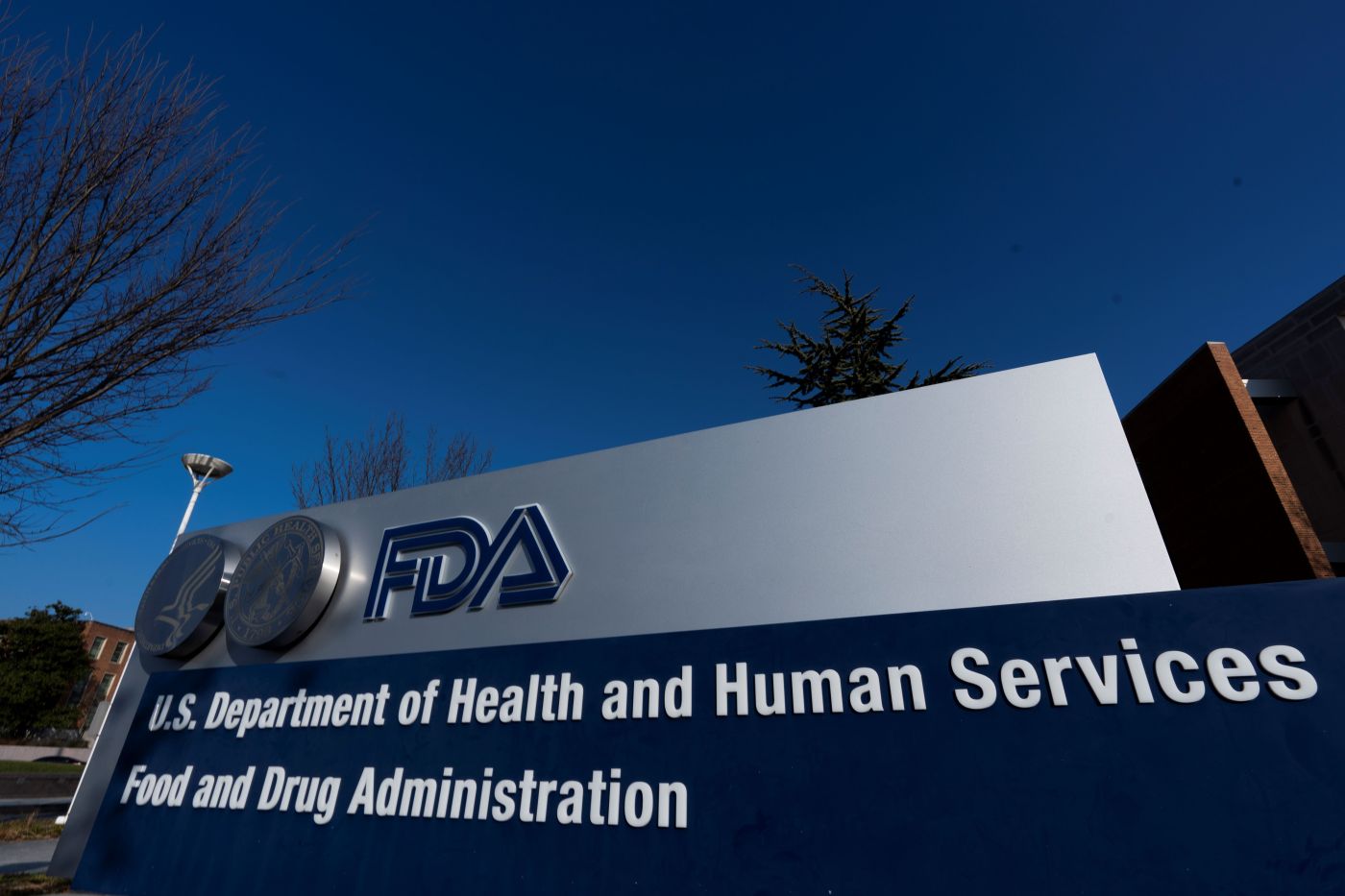
Lieberman & Kennedy: Psychedelics worth pursuing, with care
As a psychiatrist who has conducted research and treated thousands of patients, and a seven-term congressman who has enacted legislation to improve mental health care while struggling with mood and substance use disorders, June 4 had special resonance.
On that day, the FDA’s Psychopharmacologic Drugs Advisory Committee reviewed the application for 3,4 methylenedioxymethamphetamine (MDMA)-assisted therapy for post-traumatic stress disorder. The drug (known as ecstasy) was the first to reach this regulatory milestone of what has been called the psychedelic movement. If approved it would be only the third such treatment for PTSD.
The committee voted NOT to approve this highly anticipated treatment; a decision that is not binding but will influence the FDA when its final decision is made Aug. 11. Among the reasons for non-approval were patients being able to guess what treatment they were receiving, lack of standardization of the therapy method and cardiovascular side effects. The disappointing decision was met with criticism by the many stakeholders – those awaiting better treatments for this condition, members of this burgeoning industry and people hoping for better access to previously illegal psychoactive drugs – and underscored by acute awareness of the limitations of the current standard of care. However disappointing, we believe the committee’s near-unanimous decision was correct.
This outcome was not surprising given the scientific knowledge and clinical experience of the organization sponsoring the treatment. The Multidisciplinary Association of Psychedelic Studies was established in 1986 to research recreational drugs by Rick Doblin, a graduate of the New College of Florida with a Ph.D. in Public Policy from Harvard. Ironically, the operative word in MAPS, psychedelic, defines a class of naturally occurring substances that have common pharmacologic properties and induce a mystical-like altered state of mind. By these criteria, MDMA is NOT a psychedelic drug.
Doblin had no experience in drug development, and in 2003 Amy Emerson was hired to oversee the MDMA Clinical Development Program. Emerson had a B.S. from Washington State University and six years prior experience developing immunology and oncology drugs. In 2014 Lykos Therapeutics was spun out of MAPS as a for-profit clinical stage company and oversaw MDMA’s development and New Drug Application submission.
MAPS, essentially an advocacy organization, served an important role in sustaining the possibility and promise of psychedelic drugs during their prohibition. However, MAPS-LYKOS in contrast to Compass Pathways, the company developing psilocybin for treatment-resistant depression and next in line for regulatory approval, was not scientifically or clinically qualified for drug development..
Compass Pathways, was founded by George Goldsmith and Dr. Ekaterina Malievskaia who were motivated by the experience of their son who benefitted from psilocybin after unsuccessful treatment with standard antidepressants. Neither had previously been involved in drug development and subsequently recruited Kabir Nath who had long experience at Otsuka and Bristol Myers Squibb as CEO, and Guy Goodwin, the former chair of psychiatry at Oxford University, as Chief Medical Officer. While development has progressed favorably, first quarter 2026 is the soonest this could be reviewed by the FDA.
Following Lykos and Compass are Cybin, which is developing a slightly modified biochemical form of psilocybin for depression and MindMed developing LSD for anxiety disorders. Both companies have been designated breakthrough therapies and are in phase 2 of the FDA development process.
To place this in context, there are close to 50 companies including the aforementioned, now traded on public stock exchanges that are developing psychoactive substances (including psychedelics (psilocybin, LSD, mescaline, DMT), dissociative agents (ketamine, ibogaine) and empathogens (MDMA). These companies have varying motivations, levels of scientific expertise and methodologic know-how that should govern pharmaceutical development. Many are imbued with unbridled enthusiasm and commercial opportunism which can compromise the integrity of studies. The goal should be to develop drugs that will improve patients’ lives not simply to make these drugs more available.
This requires empirical data from well designed and rigorously controlled studies. If these standards are not applied, people will be subject to claims and opinions without evidence to determine therapeutic benefits. To quote the scientist Scott Aaronson “the plural of anecdotes is not evidence.”
Encouraged by public opinion and the prospect of tax revenues, state governments often complicate this challenge by passing legislation that leaps ahead of scientific evidence and threatens public safety. On Jan. 1, 2023, Oregon’s law allowing public access to psilocybin went into effect, and close to 20 other states are following suit.
Despite these concerns, we enthusiastically support research on psychedelic drugs and their therapeutic applications. Their unique properties may not just be beneficial for specific illnesses but have a deeper salutary value for all people. However, we well know the harm that can come from therapies reputed to have extraordinary therapeutic effects, introduced with great fanfare, which subsequently inflicted harm on patients (stimulants, benzodiazepines, opiates among others).
We fear that premature approval or injudicious use of the current crop of maverick compounds in development may lead to regulatory reactions that could terminate their continued development, depriving us of enormous benefits.
Managing the development of high risk and atypical drugs presents a challenge, but also an opportunity to consider a new paradigm of drug development and regulatory oversight that can navigate public demand for expeditious approval of new treatments while assuring their effectiveness and safety.
Given the enormous opportunity and potential consequences, it is incumbent on stakeholder organizations and relevant constituencies to resist the “irrational exuberance” bound to these potentially beneficial even transformative drugs and their lure of commercial profitability. It’s also an opportunity for relevant government agencies (Defense Department, Veterans Administration, NIH) to pursue a mission driven program to develop truly effective treatments for PTSD. Is “ecstasy” really the best we can do for the defenders of our safety and freedom? We can do better together.
Jeffrey A. Lieberman, M.D. holds the Constance and Stephen Lieber Chair of Psychiatry at Columbia University Vagelos College of Physicians and Surgeons. He is past president of the American Psychiatric Association and the author of “Malady of the Mind: Schizophrenia and the Path to Prevention,” and “Shrinks: The Untold Story of Psychiatry.”
Patrick Kennedy is a former seven-term Congressman for Rhode Island and lead author of the Mental Health Parity and Addiction Equity Act. Currently, he is president of the Kennedy Forum to advance evidence-based practices, policies, and programming in mental health and addiction. He co-authored “A Common Struggle: A Personal Journey Through the Past and Future of Mental Illness and Addiction,” and “Profiles in Mental Health Courage.”

